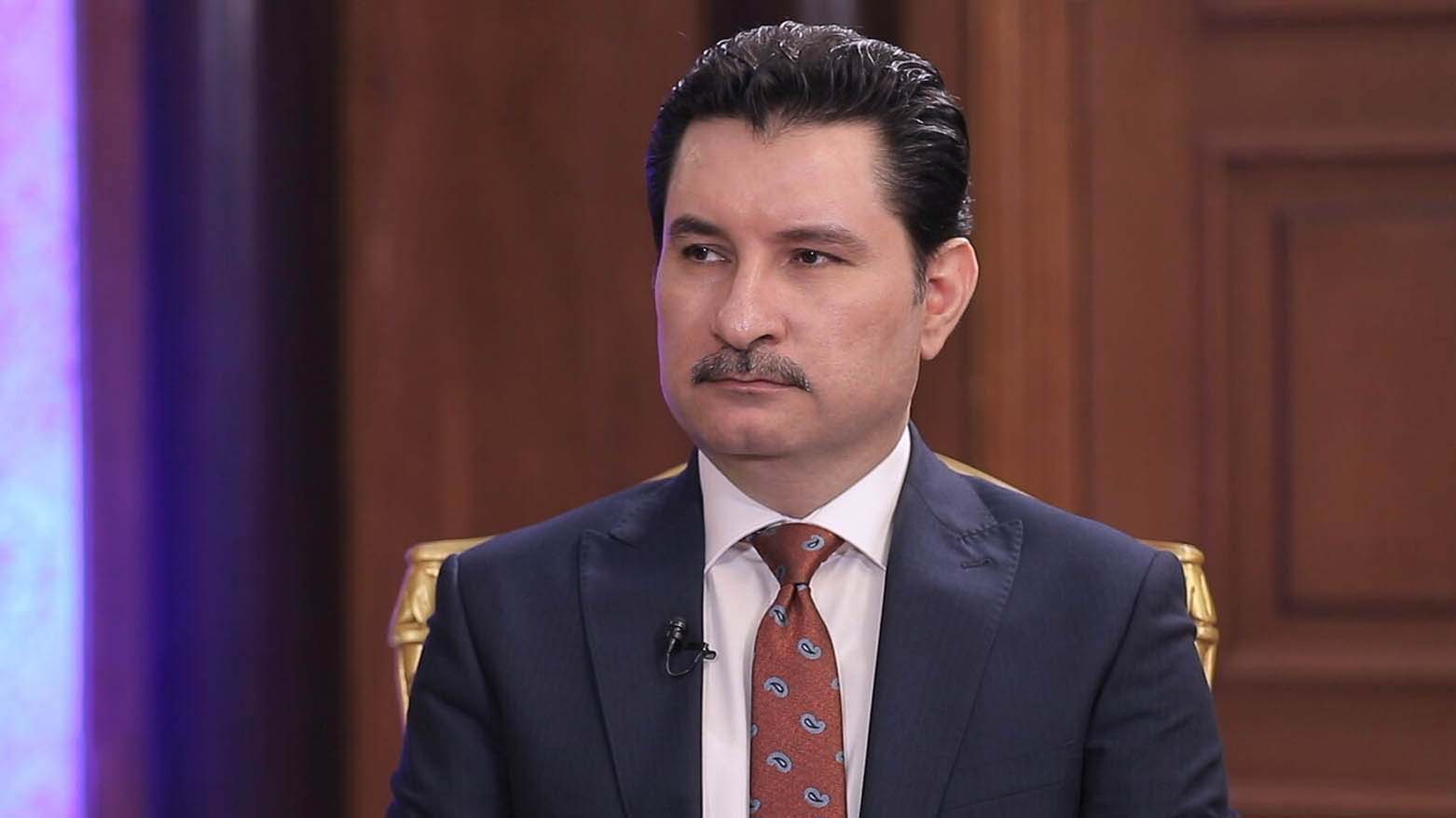'Our Fight Is With Chauvinist Occupiers, Not Among Kurds,' Says Shakhawan Abdullah
Iraqi Parliament's Deputy Speaker Shakhawan Abdullah counters criticism from Kirkuk's Governor by detailing his projects and refocusing on fighting "chauvinist occupiers," not fellow Kurds.

ERBIL (Kurdistan24) – In a sharp rebuke to Kirkuk Governor Rebwar Taha, the Deputy Speaker of the Iraqi Parliament, Shakhawan Abdullah, declared that his political battle is with "chauvinist occupiers" and not fellow Kurds, as he detailed a comprehensive list of projects and political achievements for Kirkuk and the Kurdistan Region in response to recent criticisms.
The political exchange unfolded on Friday, August 29, 2025, when Abdullah issued a pointed message following statements from Governor Taha alleging the Deputy Speaker had done nothing for Kirkuk.
Abdullah began by asserting his reluctance to engage in internal Kurdish disputes. "I do not desire conflict and bickering among ourselves as Kurds; my fight is with the chauvinist occupiers," he stated, directly addressing the governor.
"You have abandoned all your duties and are busy responding to me. I wish instead you would have sent a letter to the Ministry of Electricity and said, 'Mr. Shakhawan, do not you and the people of those areas worry anymore, I have canceled the decision,' which you have not done to this day."
In his detailed rebuttal, Abdullah cited the amendment of the provincial council election law as his most significant project for Kirkuk, an initiative he said paved the way for elections after a 20-year hiatus and ended the tenure of the previous governor, Rakan al-Jubouri.
He also highlighted his role in the symbolic and politically significant return of the Kurdistan flag to Kirkuk in September 2021.
Abdullah noted that despite threats, he raised the flag over his office and later over the Kurdistan Democratic Party headquarters, at a time when he said other Kurdish parliamentarians were in Baghdad while the flag was being "insulted daily."
On a broader administrative level, Abdullah pointed to his efforts in annulling Ba'athist-era decrees to return lands to their original owners in Kirkuk and surrounding areas, including Mandali and Khanaqin.
He also detailed the revival of the long-stalled Article 140 of the constitution, which led to the resumption of compensation for citizens and secured land plots for the displaced.
At the national level, Abdullah listed the passing of the law establishing Halabja as a province, the amendment of laws concerning martyrs and political prisoners to benefit the people of Kurdistan, and the recovery of 375 billion dinars in back payments for Kurdish farmers from 2014-2016.
Addressing infrastructure and security, Abdullah outlined several key projects.
He described the successful implementation of the Panja Ali water project, which provided clean drinking water to a neighborhood that had suffered for two decades. This was achieved, he said, despite obstacles from former governor Rakan al-Jubouri.
Other initiatives included providing essential services to previously neglected Kurdish neighborhoods, drilling new water wells, concreting hundreds of alleys, and installing dozens of electrical transformers.
Furthermore, Abdullah mentioned securing the removal of the Shoraw military base, which he said was responsible for midnight raids on Kurdish neighborhoods, and allocating a budget for the 20th Joint Brigade, a move that resulted in the employment of 3,700 Kurdish youths.
Concluding his statement, Abdullah directly challenged Governor Taha to present his own record of accomplishments.
"This is a small part of my projects, but you tell me, other than picking up tissues and cardboard and surrendering the districts of Dubiz and Daquq, and the police and the directorate of agriculture of Kirkuk to the brothers of Hawija, what other project have you done for Kirkuk in the past year?"
Abdullah remarked, adding, "I wanted a Rebwar who would be a leader, not an employee."
He also criticized the governor for his silence in the face of recent comments from politicians Mohammed Tamim and Mohammed al-Halbousi, who he said had "insulted the Kurdish rule and the Kurdish leaders" within Kirkuk.
